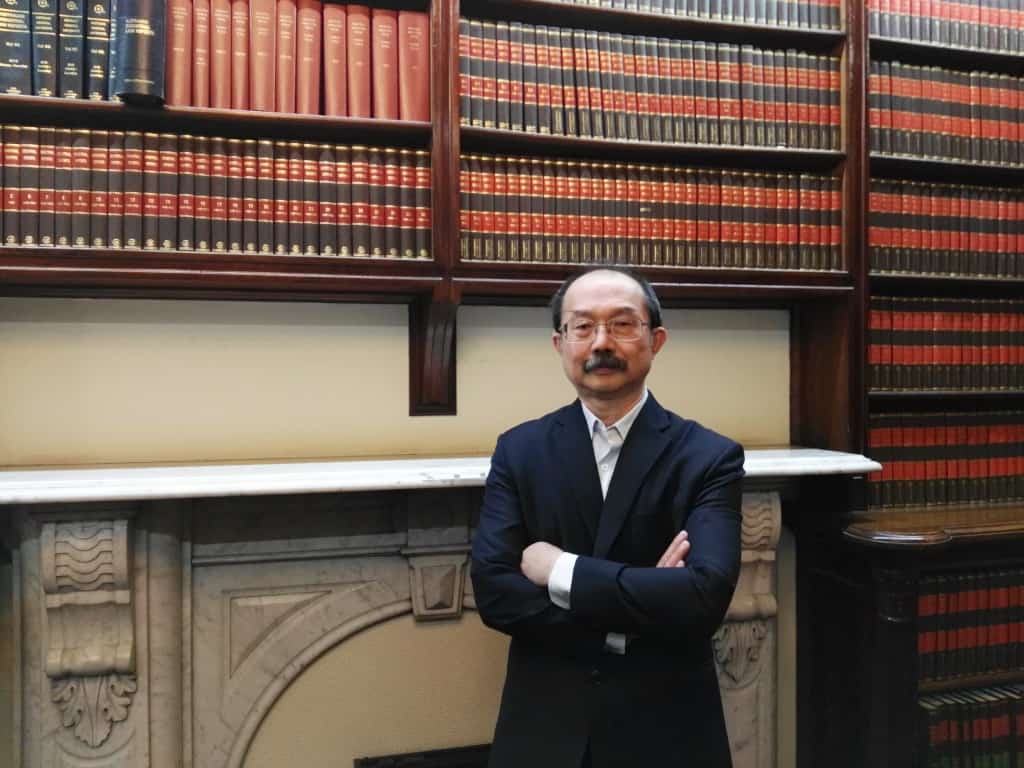
Safe third country 866 protection visa – Subdivision AI of the Migration Act 1958 is enacted to prevent certain non-citizens who are covered by the Comprehensive Plan of Action (‘CPA’) approved by the International Conference on Indo-Chinese Refugees, or non-citizens having access to a safe third country from applying for a Subclass 866 Protection visa (click here to learn more about Protection visa) or, in some cases, any other visa. These non-citizen who is an unlawful non-citizen will be subject to removal under section 198.
Meaning of safe third country
Section 91D defines a safe third country in relation to Subclass 866 protection visa application as a country which the non-citizen is a member having a prescribed connection.
Prescribed connection means the person is or was present in the country at a particular time or at any time during a particular period; or having a right to enter and reside in the country however that right arose or is expressed.
In addition, that safe third country must be willing to allow that person to go there, and to remain there during the period in which any claim for asylum is determined.
However, you cannot argue that you are unwilling to enter a safe country for whatever reason(s) if Australia has determined that that country is a safe third country in relation to persons seeking asylum. This applies even if you are recognised as a refugee and Australia has an international obligation to give asylum to refugees (Lu Ru Wei v Minister for Immigration and Ethnic Affairs [1996] FCA 814 (23 August 1996)).
Cannot apply for certain visas if safe third country applies
If you are affected by the safe third country provision, you may not be to apply for a Subclass 866 protection visa (s. 91E) unless the Minister exercise his discretion under s. 91F.
Purpose of 91E (introduced in 1994)
The purpose of section 91E is that, despite any other provision of the Migration Act 1958, certain visa applications by non-citizens are not valid. Section 91E is an “operation of law” provision which requires no decision to be made. So, when you are affected by s. 91E, the bar on visa applications will apply, unless the Minister uses his discretionary s. 91F power to allow you to make a valid visa application.
Ministerial discretion to remove safe third country
If you are prevented by the safe third country provision from applying for a Subclass 866 protection visa, the Minister may, if he thinks that it is in the public interest to, remove s. 91E prohibition to allow you to apply for the visa within 7 days of having received his written notice.
Only the Minister can exercise the s. 91F power personally and the Minister has to provide a statement to Parliament the reasons for allowing you to apply for a visa.
You should be aware that the Minister does not have a duty to consider whether to exercise his s. 91F power regardless of whether you or someone requested him to do so.
You should also be aware that the safe third country provision applies to all Subclass 866 protection visa applications that have not been finally determined (before the AAT or a Federal Court or any other body or court). No visa may be granted to you if the safe third country provision applies (certain exemptions apply under s. 91G(3)).
Australian migration law is complex and difficult to understand, contact our immigration lawyer for a consultation (fee applies) to see if you or your dependent is affected by the safe third country provision or you are prevented from applying for a 866 protection visa. Find out if you are required to change your, for example, behaviour in order to avoid the harm feared by clicking here.

 041 222 4020 or WeChat: AUD visa
041 222 4020 or WeChat: AUD visa
This article is not intended to be or taken as migration legal advice. The author of this article disclaims any liability for any action or omission on the information provided or not provided in this article. You should always consult an immigration lawyer or a registered migration agent to form an informed opinion on your immigration matter.



